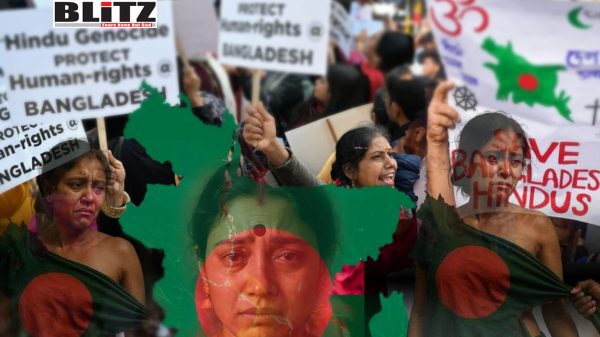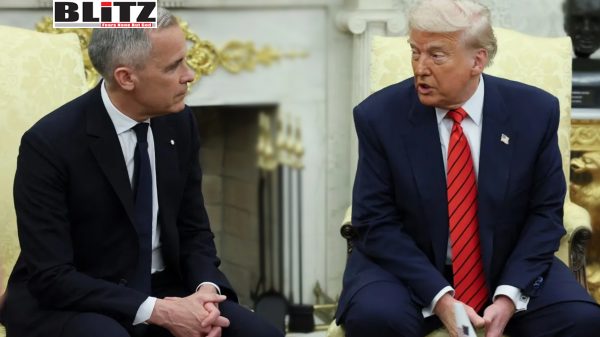Thailand’s efforts to welcome LGBTQ+ tourists
- Update Time : Friday, August 11, 2023

In the aftermath of the COVID-19 pandemic, Thailand is making concerted efforts to rejuvenate its global tourism reputation, with a particular focus on attracting a larger share of the annual US$200 billion spending by LGBTQ+ visitors worldwide. The director of tourism in Chiang Mai recently emphasized the country’s openness, stating, “We live in a country that is open and pretty liberal – I can’t think of a market that we wouldn’t welcome”. This assertion is quite ambitious.
The Tourism Authority of Thailand (TAT) has been actively supporting gay pride events in various cities across the country, not just in Bangkok. The campaign has expanded to target gay Muslims in several countries, highlighting facilities such as halal food, spas, and prayer rooms in public places. The inclusion of the gay rainbow flag in marketing materials is a subtle acknowledgment of Thailand’s more liberal stance on LGBTQ+ issues, especially in comparison to certain Southeast Asian nations with Muslim-majority populations.
Another aspect of TAT’s strategy is targeting affluent medical tourists. Bangkok’s renowned Bumrungrad International Hospital has established a Pride clinic catering to the international gay market, providing specialized hormone treatments, cosmetic procedures, and gender-affirming treatments. Gender reassignment services are offered, with specific criteria for eligibility, including evidence of age, hormone use, and an established “new” lifestyle, at a cost of 420,000 baht.
TAT is also leveraging the popularity of Thai gay romance dramas, such as “2gether” and “I Promised You The Moon”, to capture international audiences. These dramas, available online, have garnered significant attention, even from non-gay viewers. Focused on romantic narratives, these shows often avoid depicting the broader challenges faced by the LGBTQ+ community, such as financial and employment issues. Nonetheless, they contribute to Thailand’s soft power, with exports generating substantial revenue through international partnerships, approaching 3 billion baht annually.
Critics of TAT’s approach argue that its primary motivation is profit, ignoring the fact that Thailand falls short of being a true LGBTQ+ paradise. The concerns are particularly valid for lesbians, who often feel overlooked in the marketing campaigns. While tourist-oriented cities boast numerous social media platforms, gay bars, clubs, and even transgender-focused cabaret shows, legal protections for the LGBTQ+ community remain limited. Despite the extensive publicity, gay marriage and adoption remain illegal, and transgender individuals can change their names but not their genders according to the law. Discrimination against LGBTQ+ individuals in employment lacks robust legal safeguards. Nevertheless, the TAT representative emphasizes, “It’s a wonderful place for a holiday”, especially catering to men.
It’s crucial to acknowledge that while Thailand is taking significant steps to embrace LGBTQ+ tourism, there remain significant challenges in terms of legal protections and inclusivity, particularly for lesbians. The country’s efforts to cater to this segment of international visitors continue to evolve, aiming to strike a balance between economic opportunities and creating a genuinely welcoming environment for all LGBTQ+ travelers.


















